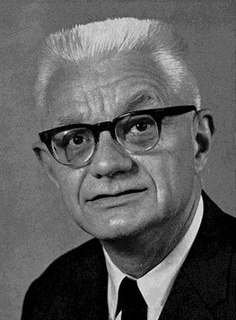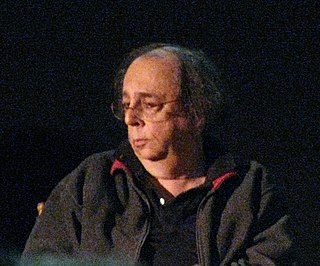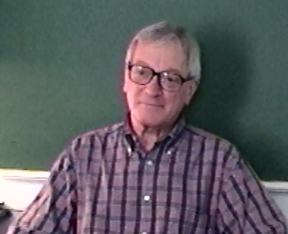A Quote by Paul Feyerabend
What is surprising is that almost all the trends that developed within the sciences, Aristotelianism and an extreme Platonism included, produced results, not only in special domains, but everywhere; there exist highly theoretical branches of biology and highly empirical parts of astrophysics. The world is a complex an many-sided thing.
Related Quotes
In point of fact, no conclusive disproof of a theory can ever be produced; for it is always possible to say that the experimental results are not reliable or that the discrepancies which are asserted to exist between the experimental results and the theory are only apparent and that they will disappear with the advance of our understanding. If you insist on strict proof (or strict disproof) in the empirical sciences, you will never benefit from experience, and never learn from it how wrong you are.
General Systems Theory is a name which has come into use to describe a level of theoretical model-building which lies somewhere between the highly generalized constructions of pure mathematics and the specific theories of the specialized disciplines. Mathematics attempts to organize highly general relationships into a coherent system, a system however which does not have any necessary connections with the "real" world around us. It studies all thinkable relationships abstracted from any concrete situation or body of empirical knowledge.
The very properties of the human mind that provide an enormous scope for human genius in some domains will serve as barriers to progress in other domains, just as the properties that enable each child to acquire a complex and highly articulated human language block the acquisition of other imaginable linguistic systems.
Kant's treatments of rational theology and metaphysics were aimed primarily at theoretical questions. His attitude toward the pseudo-sciences of "special metaphysics" in Wolff and Baumgarten was always double-edged. He did see them as pseudo-sciences but also valued their doctrinal value and especially their regulative value for the empirical sciences. Like his views about religion, I don't think any of this is any longer viable in its original form.
I come from a tradition of Western culture, in which the ideal (my ideal) was the complex, dense, and 'cathedral-like' structure of the highly educated and articulate personality--a man or woman who carried inside themselves a personally constructed and unique version of the entire heritage of the West. [But now] I see within us all (myself included) there placement of complex inner density with a new kind of self--evolving under the pressure of information overload and the technology of the 'instantly available.'
The Country Doctor Revisited is a fine achievement. Purporting to be an overview of the practice of medicine in rural areas, it is a splendid portrait of the practice of medicine everywhere. The special conditions that prevail in the countryside as opposed to the cities are examined, and each of these is illustrated by a case history that is as compelling as it is informative. It is presented in a highly readable form that would be accessible to the general public as well as to the deliverers of health care. I recommend it most highly.









































